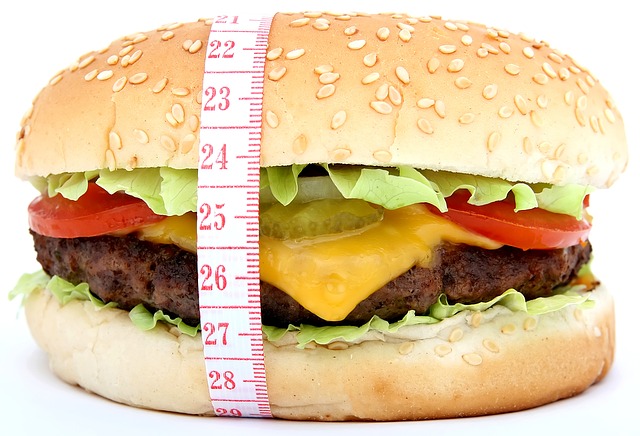Obesity in the Elderly: A Growing Problem
Back in June 2014, it was reported that 75 per cent of people aged 45 to 74 are overweight. Sources quoted the National Obesity Forum (NOF) warning that many people will face issues related to their weight in old age, and that this could turn into a serious health crisis.
But the problem is not a new one. According to the BMJ, obesity was more prevalent in elderly people than in young people as far back as 2010. Quoting figures from the Office for National Statistics in 2008, over 77% of people aged 65 to 74 were overweight or obese.
While the topic of obesity and problems with being overweight are often in the news, the focus is usually on the younger population. But as these figures show, the problem affects all ages.
The risks of being overweight for the elderly
Being overweight can cause many other health problems, some of which can be life-threatening. Type 2 diabetes, cancer, stroke and coronary heart disease are some of the most serious conditions, and these can affect the elderly just as they affect overweight people of any age.
What to do if your relative is overweight
We need to start talking about the weight problem in the elderly, and one of the things that we should focus on is to remember that it is never too late to focus on reducing weight.
More emphasis is often placed on the young because they have their whole lives ahead of them, but this is the wrong way to look at it.
So what can you do?
Regular exercise is important for the older generation
Exercise is a good way to get rid of excess weight, but this can sometimes pose a problem for elderly people. Muscle wastage and other health problems may prevent elderly people from exercising as much as they would otherwise be.
That being said, there are many exercises that are suitable for elderly people, you can find them in our article on simple home exercises here.
If you are concerned that your elderly relative is overweight, you may want to encourage them to get some more exercise. This could involve something as simple as going for a regular walk around the park, or you may want your care worker to do this if you are not available.
Good nutrition is essential
Nutrition.org.uk has some very useful information on good nutrition in the elderly. Essentially, a healthy and varied diet is essential just like it is at any age, and this can help to ensure that your elderly relative maintains a healthy weight.
Importantly, it notes that energy requirements go down with age, and that elderly people may be affected by a lack of mobility, poor health, and even poor oral health that can affect their diet. Smell and taste can also change, and this can affect appetite.
In addition, elderly people should make sure they get enough Vitamin D. Our ability to synthesise Vitamin D decreases with age, so elderly people should take a supplement and eat foods rich in the vitamin, like oily fish.
Vitamin B12 absorption is also decreased, so they should make sure they get enough of this. They should also eat lots of fruit and veg, as well as bread and other fortified foods.
Visit the Doctor If You Are Concerned
If you are concerned about your elderly relative, make sure you don’t ignore the problem. You may also want to accompany your relative on a trip to their GP to find out if there are any underlying health problems that could be exacerbating their weight problem.

